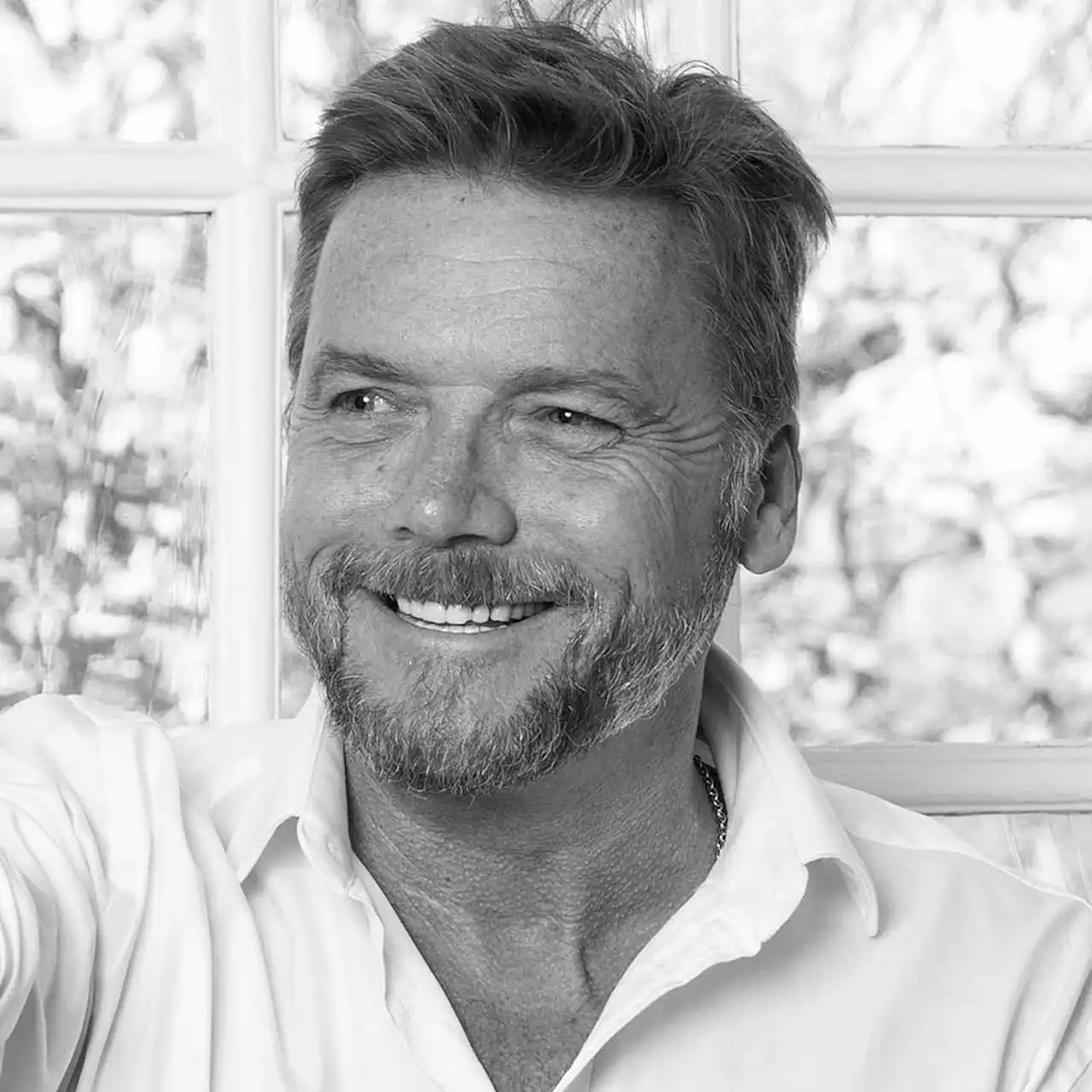Some of this generation of politicians are apparently unable to recognise conflicts of interest between their public duties and private interests; between the pursuit of the public good and rent-seeking malfeasance.
We are in a moment which requires a willingness to re-examine and rethink some basic assumptions about the functioning of democratic societies in a globalised capitalist system which have been beyond question and scrutiny over the last 30 years.
South Africa exemplifies trends towards democratic dysfunction, not in the form yet of growing authoritarianism, but rather of decay and incapacity evident in many countries both in the global North and South.Democracy everywhere is damaged by the epidemic of corrupt and self- serving leaders. Various familiar forms of dishonest conduct worthy of condemnation occur every day at all levels of society in all kinds of private institutions and at all levels of the public service. But this is not the kind of corruption revealed by the Zondo Commission that has so scandalised us.
And nominally democratic political processes, which are captured by vested interests, will not produce decisions and outcomes which are in the public interest. The inevitable result is the loss of public trust in their leaders and the atrophy of our democratic institutions. Influence-peddling corrupts our democratic institutions even if the elements of a specific crime are not all present or provable in a court of law.
This should include disclosure requirements and prophylactic rules governing “gifts”, for instance, enforced by an independent agency or ombud. Experience has also taught us that where high-level wrongdoing is concerned, additional safeguards are required over and above the current constitutional provisions to ensure that prosecutions are instituted without fear or favour, and that dishonest politicians are not able to use their power or popularity to insulate themselves from accountability.
The Zondo Commission has also revealed how corruption became entrenched over time in many state apparatuses and the interface with the private sector, and involved multiple highly placed and well-resourced actors engaged in a pattern of systematic abuse.
South Africa Latest News, South Africa Headlines
Similar News:You can also read news stories similar to this one that we have collected from other news sources.
 OPINIONISTA: Elon Musk’s ‘catastrophic’ first month at the helm of TwitterTwitter’s advertising revenue is plummeting despite Black Friday and a World Cup as commentators scramble to fathom exactly what the plan of the world’s richest person entails.
OPINIONISTA: Elon Musk’s ‘catastrophic’ first month at the helm of TwitterTwitter’s advertising revenue is plummeting despite Black Friday and a World Cup as commentators scramble to fathom exactly what the plan of the world’s richest person entails.
Read more »
 OPINIONISTA: The disaster that the Tories and ‘getting Brexit done’ has been for Northern IrelandThe suspension of Northern Ireland’s self-government is the product of failure and neglect by Britain’s Tory government, accelerated and deepened by Brexit, but going back to 2010.
OPINIONISTA: The disaster that the Tories and ‘getting Brexit done’ has been for Northern IrelandThe suspension of Northern Ireland’s self-government is the product of failure and neglect by Britain’s Tory government, accelerated and deepened by Brexit, but going back to 2010.
Read more »
 OPINIONISTA: If we want to fix our economy, we must increase university graduation ratesWe need a systemic and systematic overhaul of our education system. But as we explore widening access to education, we cannot do so with the knowledge that we are setting our students up for failure.
OPINIONISTA: If we want to fix our economy, we must increase university graduation ratesWe need a systemic and systematic overhaul of our education system. But as we explore widening access to education, we cannot do so with the knowledge that we are setting our students up for failure.
Read more »
 OPINIONISTA: Masters of the tech and crypto universe come crashing back to EarthFew names are as synonymous with frothy tech investing as the Japanese investment group SoftBank, led by the quasi-cult figure of Masayoshi Son. Releasing their results last month, the group detailed its most recent $10-billion (R170-billion) write-down of impaired assets. It will come as no surprise that this included a $100-million stake in the infamous crypto exchange FTX, revalued now to zero. In the scale of its cataclysmic losses, that stake almost seems quaintly modest.
OPINIONISTA: Masters of the tech and crypto universe come crashing back to EarthFew names are as synonymous with frothy tech investing as the Japanese investment group SoftBank, led by the quasi-cult figure of Masayoshi Son. Releasing their results last month, the group detailed its most recent $10-billion (R170-billion) write-down of impaired assets. It will come as no surprise that this included a $100-million stake in the infamous crypto exchange FTX, revalued now to zero. In the scale of its cataclysmic losses, that stake almost seems quaintly modest.
Read more »
 OPINIONISTA: The shifting power balance as government fails and business steps upThe power relationship between government and business is shifting perceptibly. The state is failing and the private sector is stepping in and stepping up to provide a raft of basic services demanded by its citizenry. The change in power dynamics has important implications for the conduct of corporate citizenship in South Africa.
OPINIONISTA: The shifting power balance as government fails and business steps upThe power relationship between government and business is shifting perceptibly. The state is failing and the private sector is stepping in and stepping up to provide a raft of basic services demanded by its citizenry. The change in power dynamics has important implications for the conduct of corporate citizenship in South Africa.
Read more »
 OPINIONISTA: Leadership lessons we have learnt from 40 years of living with HIV and AidsThe decline of our political parties and trade unions – the bedrock of democratic practice and rooted in struggle – means they have become distant from the people they serve. Tracing the history of organisations working within the HIV response over the years shows a similar pattern.
OPINIONISTA: Leadership lessons we have learnt from 40 years of living with HIV and AidsThe decline of our political parties and trade unions – the bedrock of democratic practice and rooted in struggle – means they have become distant from the people they serve. Tracing the history of organisations working within the HIV response over the years shows a similar pattern.
Read more »
